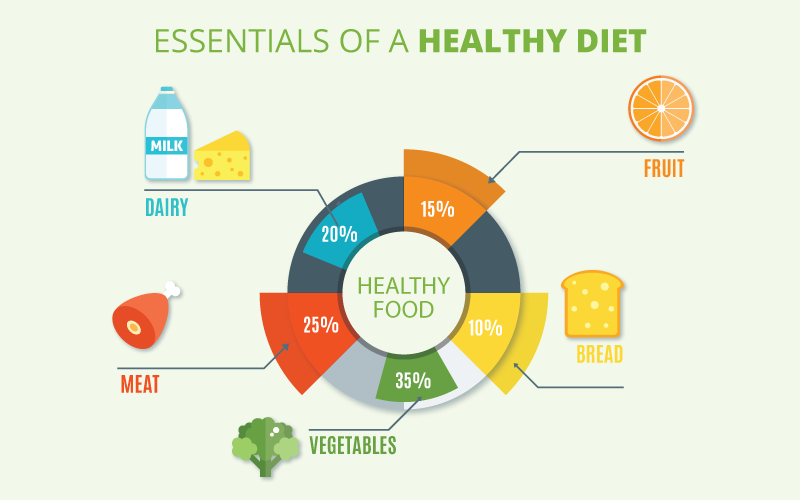5 reasons why okra should be part of your daily diet

Okro or okra, known as nutritious vegetable that has been a staple in various cuisines worldwide, particularly in Africa, Asia, and the Southern United States.
Beyond its culinary versatility, okra is packed with essential vitamins, minerals, and bioactive compounds that contribute to overall health.
Incorporating okra into your daily diet can provide numerous benefits, from improved digestion to better blood sugar control.
Below are five well-researched reasons why you should consider making okra a regular part of your meals.
Prophet Nigel Gaisie boldly claims Ghana’s Black Stars will not only qualify for the 2026 World Cup but also reach the final. Details of bold prediction below…
1. Rich in essential nutrients for optimal health

Okra is a nutrient-dense vegetable that provides a wide range of vitamins and minerals necessary for bodily functions.
It is an excellent source of vitamin C, which strengthens the immune system and promotes healthy skin by aiding collagen production.
MUST READ: W/R: Environmental rehabilitation officer jailed for defiling 10-year-old girl
Additionally, okra contains vitamin K, crucial for blood clotting and bone metabolism, and folate (vitamin B9), which is vital for DNA synthesis and cell growth, making it particularly important for pregnant women.
The vegetable also supplies magnesium, which supports nerve and muscle function, and calcium, essential for strong bones and teeth.
With only about 33 calories per 100 grams, okra is a low-calorie food that fits well into weight management plans while delivering high nutritional value.
2. Enhances digestive health and gut function

One of okra’s most notable health benefits is its ability to support digestion. The vegetable contains a unique type of soluble fiber called mucilage, which forms a gel-like substance when digested.
This mucilage acts as a natural laxative, helping to prevent constipation and promote regular bowel movements.
READ ALSO: A/R: Police arrest 25-year-old with 207 ammunitions, military gear, talisman
Furthermore, okra’s fiber content serves as a prebiotic, feeding the beneficial bacteria in the gut and improving microbiome balance.
A healthy gut microbiome is linked to better digestion, enhanced immunity, and even improved mental health.
Studies suggest that regular consumption of okra may help manage digestive disorders such as irritable bowel syndrome (IBS) by soothing the intestinal lining and reducing inflammation.
Its detoxifying properties also contribute to colon health, potentially lowering the risk of colorectal cancer.
3. Helps regulate blood sugar levels

Okra has gained attention for its potential role in managing diabetes and stabilizing blood sugar levels.
Research indicates that the vegetable’s high fiber content slows down sugar absorption in the digestive tract, preventing sudden spikes in blood glucose.
Additionally, okra contains polyphenols and flavonoids, which have been shown to improve insulin sensitivity.
Some studies have explored the effects of okra water—made by soaking okra pods overnight—and found that it may help reduce fasting blood sugar levels.
A 2011 study published in the Journal of Pharmacy & Bioallied Sciences demonstrated that okra seed extract significantly lowered blood glucose levels in diabetic rats, suggesting similar benefits for humans.
READ MORE: G/A: Cashier jailed for stealing GHC8,575 of employer’s money for betting
While more clinical trials are needed, incorporating okra into a balanced diet may be a natural way to support blood sugar control, particularly for individuals with prediabetes or type 2 diabetes.
4. Supports heart health by lowering cholesterol and blood pressure

Cardiovascular diseases remain a leading cause of death worldwide, and dietary choices play a crucial role in heart health.
Okra can contribute to a healthier heart in several ways. Its soluble fiber binds to cholesterol in the digestive system, helping to reduce LDL (“bad”) cholesterol levels.
The vegetable is also rich in potassium and magnesium, minerals that help regulate blood pressure by relaxing blood vessels and improving circulation.
Furthermore, okra’s antioxidant compounds, such as quercetin and catechins, combat oxidative stress and inflammation, which are key contributors to atherosclerosis (hardening of the arteries).
A 2014 study in The Journal of Nutritional Biochemistry highlighted okra’s ability to reduce oxidative damage in the cardiovascular system, further underscoring its heart-protective properties.
By including okra in your diet, you can take a proactive step toward maintaining healthy cholesterol levels and blood pressure.
5. Boosts immunity and fights inflammation

Chronic inflammation is linked to numerous diseases, including arthritis, heart disease, and cancer.
Okra’s rich antioxidant profile, including vitamins C and E, flavonoids, and polyphenols, helps neutralize harmful free radicals and reduce inflammation.
The vegetable’s mucilage has been traditionally used to soothe respiratory conditions, such as sore throats and bronchitis, due to its anti-inflammatory effects.
Additionally, the immune-boosting properties of vitamin C enhance the body’s ability to fight infections, making okra a valuable food during cold and flu season.
Regular consumption of antioxidant-rich foods like okra may also lower the risk of chronic diseases by protecting cells from oxidative damage.








